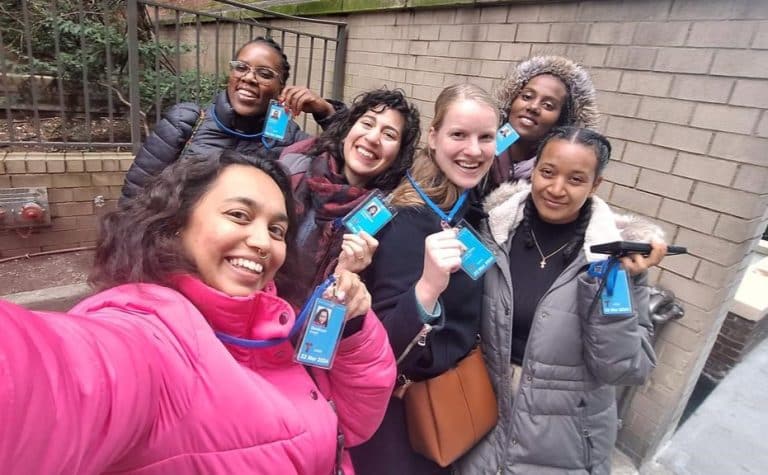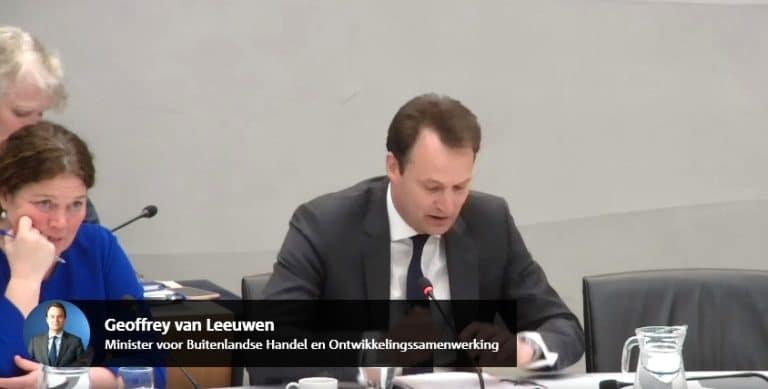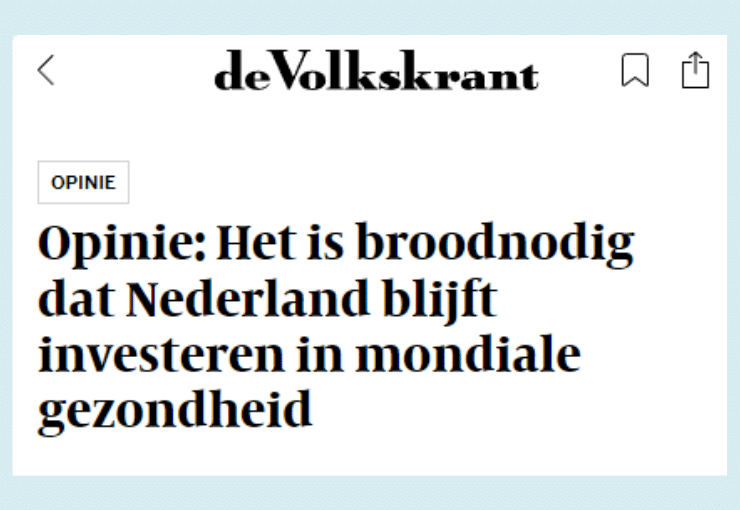Wilbert Bannenberg
In early March 1979, I – Wilbert Bannenberg, an intern doctor at the time – put a notice on the bulletin board of the Faculty of Medicine at Vrije Universiteit Amsterdam. I was looking for other students with whom to discuss working as a doctor in low- and middle-income countries. On 19 March 1979, around 20 people gathered in my student room on the second floor of Van Woustraat 47.
The introductory meeting revealed that everyone had questions. Why do people in Africa get sick so often? Is it because of dangerous bacteria, parasites or viruses? Or are poverty, malnutrition, bad water, the low level of education or the position of women to blame? Is there a lack of drugs, doctors and hospitals? Does working as a doctor in Africa actually improve matters? And if so, how do you prepare for this? Is it possible to do a work placement or clinical placement in low- and middle-income countries first? Where can I find information for my thesis?
A need for non-existent information
Although opinions were rather divided, everyone wanted more information, which was only available to a very limited extent. There were a few tips: Father Priems from Memisa in Rotterdam could arrange work placements in Ghanaian mission hospitals, Professor Vincent van Amelsvoort had a small library in Nijmegen on healthcare in low- and middle-income countries, and there were monthly ‘referral lunches’ at the Royal Tropical Institute where doctors and researchers shared interesting stories on this topic. But much remained unclear.
From a bulletin board to the start of Wemos
After coffee, tea, some pints and bad wine from cartons, the people at the initial meeting decided to split into three groups. The ‘info/organisation’ group would gather information from Nijmegen, Rotterdam and the Royal Tropical Institute and invite tropical doctors to living-room meetings. The ‘clinical placements’ group would collect information about the possibility of placements in Suriname or Ghana. And the ‘usefulness’ group would write a discussion paper on whether it made sense to work as a doctor in low- and middle-income countries.
An address list was sent around. We agreed that we would meet at one of the participants’ homes every two weeks. Minutes were typed up on an old typewriter and then copied, collated and sent out from the VU Medical Faculty Association.
The group decided on a provisional name: “Werkgroep Mediese Ontwikkelingssamenwerking” (“Working Group on Medical Development Cooperation”). WeMOS was born!




